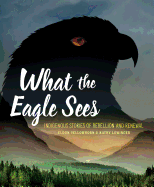 |
| photo: Brian C. Seitz |
Sasha Sagan holds a degree in Dramatic Literature from New York University and has worked as a television producer, filmmaker, editor, writer and speaker in New York, Boston and London. Her essays and interviews on death, history and ritual through a secular lens have appeared in New York magazine, O, the Oprah Magazine, Literary Hub, Mashable, The Violet Book and elsewhere. Her short film, Bastard, co-written and produced with Kirsten Dunst, was screened at the Tribeca Film Festival and was one of two films chosen to close the 2010 Cannes Film Festival's Critics Week ceremony. She regularly speaks on ways science can affect our celebrations and how we mark the passage of time. For Small Creatures Such as We (Putnam, October 22, 2019) is her first book.
On your nightstand now:
More than a few of my nightstand books are really audiobooks. I am a huge audiobook person. Doubly so since I had my daughter. She naps, I fold the laundry and I learn something, go somewhere new. I wouldn't be able to get a fraction of the reading I do done without them.
I also really like reading five or more books at once so I can have something I'm into no matter my mood. Sometimes I want nonfiction, maybe to feel like I'm back in school. Sometimes I crave fiction. Other times, I feel too emotionally vulnerable for something heartbreaking. Sometimes I have a nagging feeling I must absorb a classic I missed along the way.
So between physical and audio right now, this is what's on my (proverbial) nightstand:
Homegoing by Yaa Gyasi
The Immortalists by Chloe Benjamin
The Water Dancer by Ta-Nehisi Coates
SPQR: A History of Ancient Rome by Mary Beard
I Contain Multitudes: The Microbes Within Us and Grander View of Life by Ed Yong
Ten Million Aliens by Simon Barnes
And I am loving all of them.
Favorite book when you were a child:
I loved Maira Kalman's books, like Max Makes a Million. I liked books that celebrated weirdness, bent the norms. I liked books that assumed children are smarter than they sometimes get credit for, ones that had references in them that I didn't quite get. I also spent many hours looking through Peter Spier's People, which is a kind of exploration of different cultures around the world, what they share and the ways they vary. It has lines like, "And we celebrate different feasts and holidays" on a page with 12 small illustrations of religious and cultural rituals from different regions on the planet. Just now as I'm thinking about it, I am realizing this book must have influenced me enormously.
Your top five authors:
In order to answer this, I'm going to exclude my parents, Carl Sagan and Ann Druyan, who are certainly my biggest influences, because that almost goes without saying. And I'm also excluding playwrights. I was a dramatic literature major in college and I love plays, but I think being a playwright is a different skill than being an author. That said, for most of my life I would have answered Orwell and Vonnegut. But I haven't re-read them in years, so my relationship with their work is different than when I discovered them. In the last few years, I have been devouring the work of Ta-Nehisi Coates, Karen Armstrong and Chimamanda Ngozi Adichie. I would have to say they are my favorites at this point in my life.
That's five.
Book you've faked reading:
Ok, this is really embarrassing: numerous works by my parents. But I can explain. For a long time, I felt reassured by the idea that I still had words my father had written that I had not yet read, some part of him to look forward to. It made me believe that he existed in my future, not just my past. But strangers or acquaintances would sometimes reference something he had written and I would just go along so as not to start a whole thing by saying, "Oh, Cosmos? Haven't read it!" I have now read their best-known works, but I still have a few books to look forward to, ones I'm saving for when I am really longing to discover a new part of him.
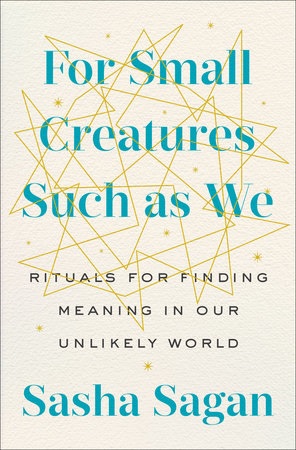 Book you're an evangelist for:
Book you're an evangelist for:
Between the World and Me by Ta-Nehisi Coates is number one. I don't know how many copies I've purchased as gifts for people. Maybe 20? The blurb on the cover says, "This is required reading--Toni Morrison" and I couldn't agree more. Most of all for white Americans who still don't understand how privilege works.
Book you've bought for the cover:
The Yiddish Policemen's Union by Michael Chabon. The teal, black and pink cover is so evocative. It so clearly conjures up the fictional world of the book, one where the Jews of Europe had been given refuge in Sitka, Alaska, during World War II. I hadn't read The Amazing Adventures of Kavalier & Clay yet, but I was sold as soon as I set eyes on it. And I'm glad. It's an unforgettable novel.
Book you hid from your parents:
There was no censorship in our house so I didn't have to hide anything. My parents were happy as long as I was reading more than I was watching TV. I will say, I did detect an unsaid lack of enthusiasm during an extended Sweet Valley High phase.
Book that changed your life:
There are so many. I mean, in a way every great book I've ever read has changed me. But the one that stands out to me is a book of Sappho's poems I had in college, or rather the fragments of her poems. It taught me that we are not so different than the ancients. One fragment that stands out is, "Virginity, virginity, where will you go when you leave me?" So modern! I loved it.
Favorite line from a book:
This is a hard one. And it changes constantly. But there is one I think about year in and year out from 1491: New Revelations of the Americas Before Columbus by Charles C. Mann. There is a section where he addresses the practice of human sacrifice in the Aztec Empire (which he refers to as the Triple Alliance). He compares their practice of human sacrifice with the public executions that were rampant around Europe at the same time. The section includes this sentence that haunts me, "In their penchant for ceremonial public slaughter, the Alliance and Europe were more alike than either side grasped."
Now that I look at that, it's so bleak! I'll add a funny one:
I have been laughing about this line from E.L. Doctorow's Ragtime all my life: "And though the newspapers called the shooting the Crime of the Century, Goldman knew it was only 1906 and there were ninety-four years to go."
Okay, that's kind of bleak, too. Let me try again:
Without spoiling it, the last line, just two words, of Chimamanda Ngozi Adichie's Americanah is such a perfect end to a story about immigration that they rang in my head for months after I finished that book. It's romantic and profound and not bleak, I swear.
Five books you'll never part with:
I have a copy of The Demon-Haunted World that has my dad's handwritten notes in it. I think maybe they are changes he wanted to make for the second edition? It's extremely special to me.
My copy of my mother's first book, a novel called A Famous Broken Heart that was published when she was about 27.
The copy of the Norton Anthology of Poetry that I've had since childhood. I would memorize poems from it as a child and recite them to my parents.
An Oxford Anthology of Shakespeare my dad bought around the time I first expressed interest in theater.
The copy of Dear Ijeawele by Adichie that my dear friend Leith Clark sent me when my daughter was born.
Book you most want to read again for the first time:
I think I'd like to read The Handmaid's Tale again for the first time, specifically the epilogue. It's so unexpected, shocking really. It says so much about how we learn history and how easily we ignore the humanity of the people who withstood the injustices of the past. I think about it all the time.
Book yet to be published that you are most looking forward to:
Kiley Reid's Such a Fun Age. Kiley and I have the same agent and we're at the same imprint. We've gotten to be friends and asked each other's advice during this frenetic time leading up to each of our books coming out. She's brilliant and hilarious, and so great on social media, but I haven't been able to snag an advanced copy of her book yet, so I'm eagerly awaiting her pub date at the end of the year.








SHELFAWARENESS.1222.T1.BESTADSWEBINAR.gif)
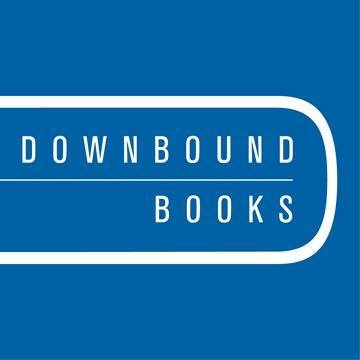
 "We're aiming to be an old-fashioned neighborhood bookstore, but hopefully one that people all over the city find worth traveling for," he said.
"We're aiming to be an old-fashioned neighborhood bookstore, but hopefully one that people all over the city find worth traveling for," he said.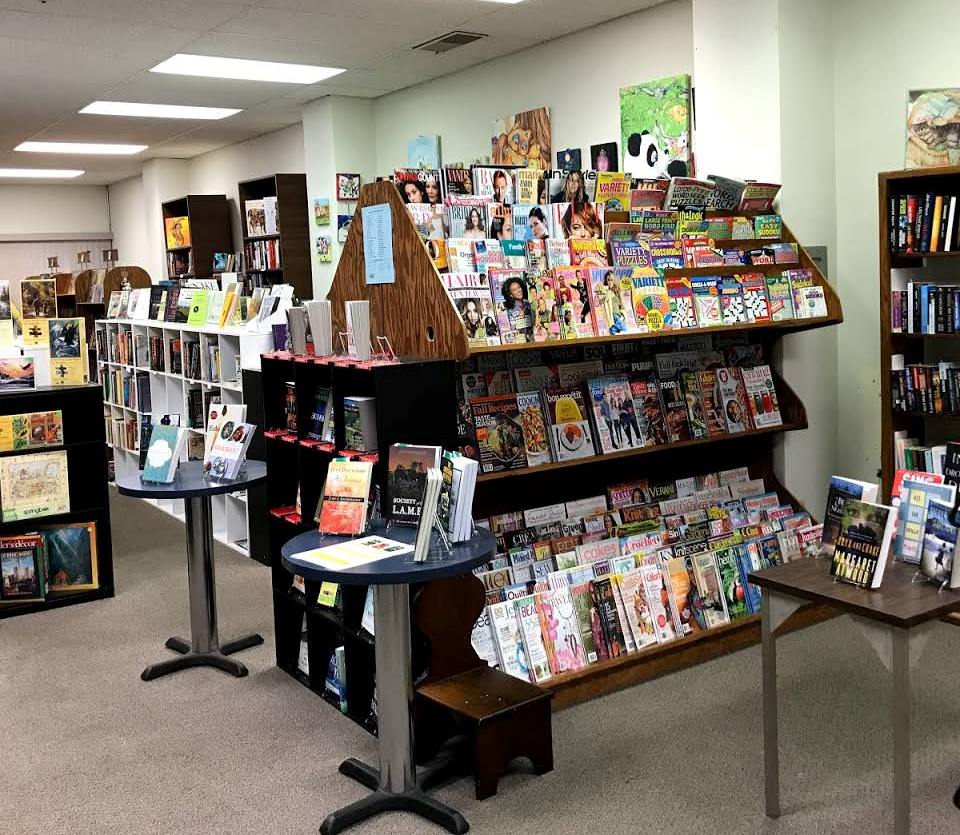
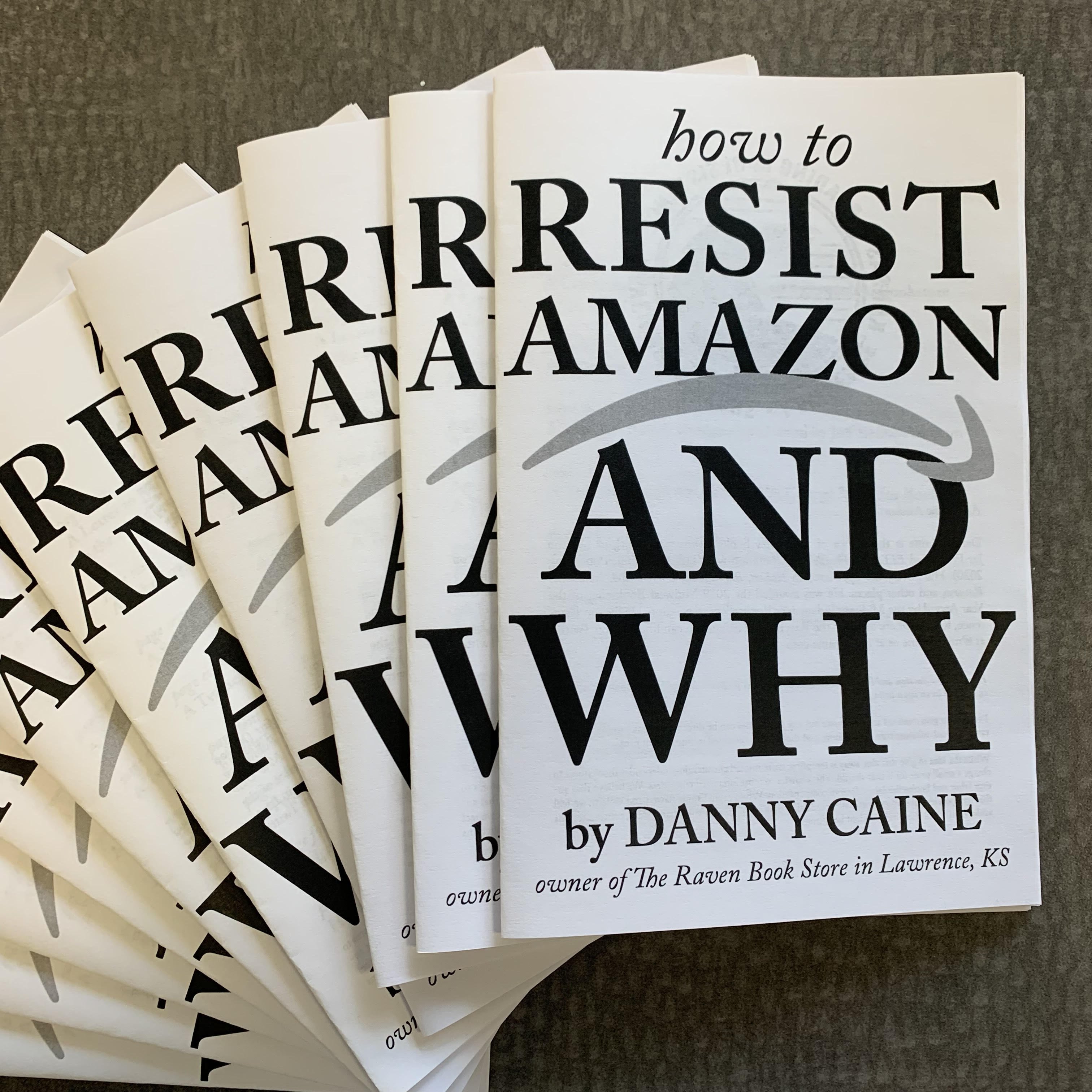 On Sunday, the Raven tweeted: "We spent a few hours last night
On Sunday, the Raven tweeted: "We spent a few hours last night 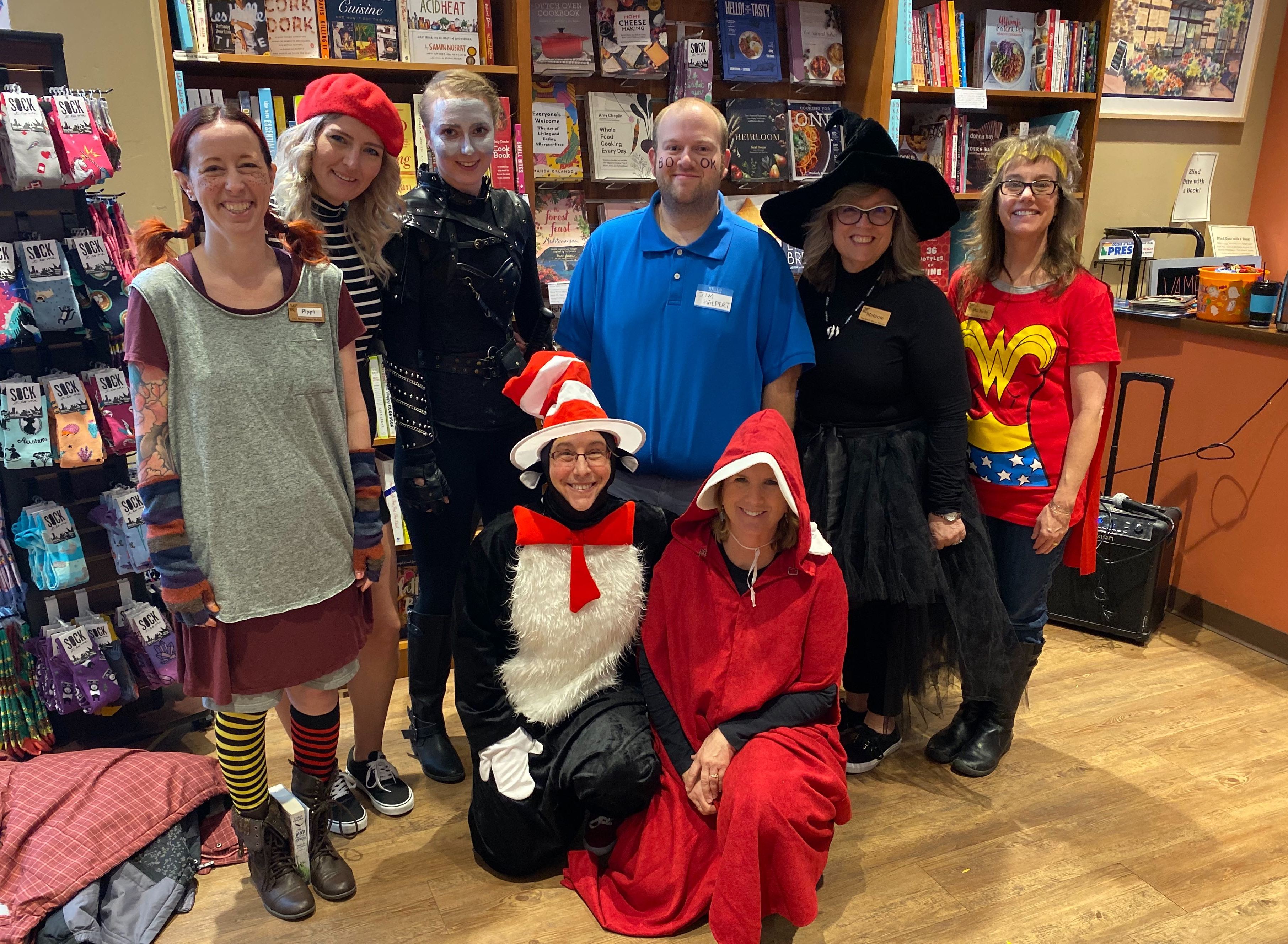
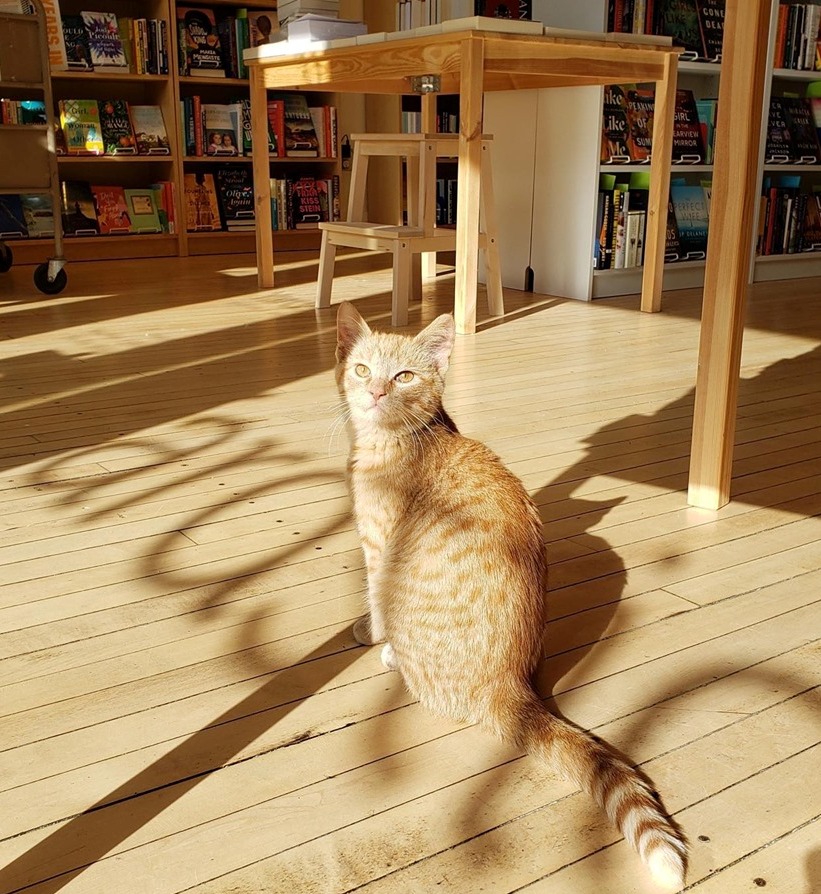 Yardstick Books
Yardstick Books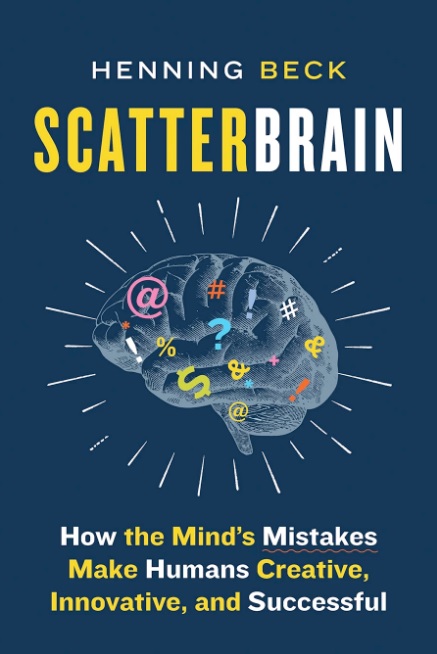 The Frankfurt Book Fair New York has selected Scatterbrain: How the Mind's Mistakes Make Humans Creative, Innovative, and Successful by Henning Beck (Greystone, $27.95, 9781771644013) as its October Book of the Month.
The Frankfurt Book Fair New York has selected Scatterbrain: How the Mind's Mistakes Make Humans Creative, Innovative, and Successful by Henning Beck (Greystone, $27.95, 9781771644013) as its October Book of the Month. 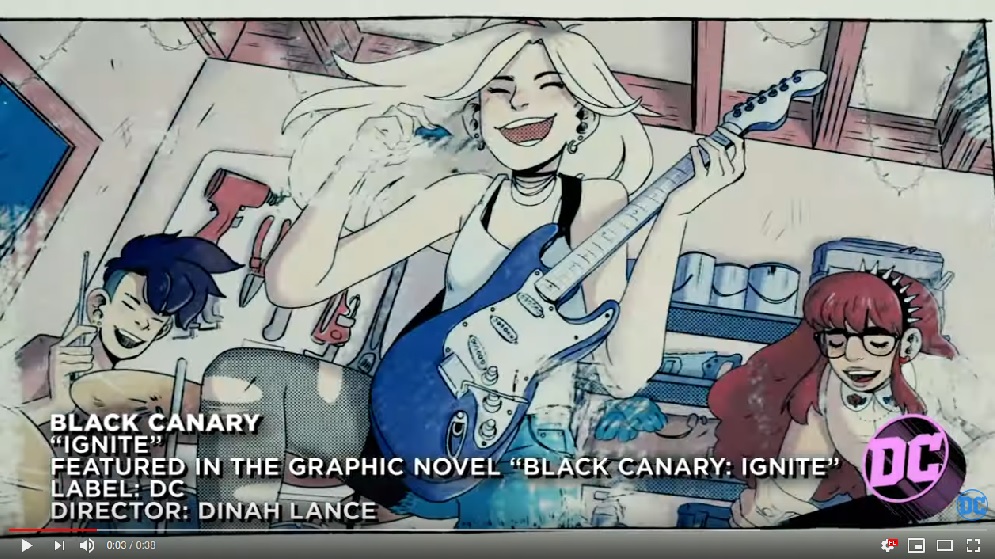 Black Canary: Ignite
Black Canary: Ignite
 Book you're an evangelist for:
Book you're an evangelist for: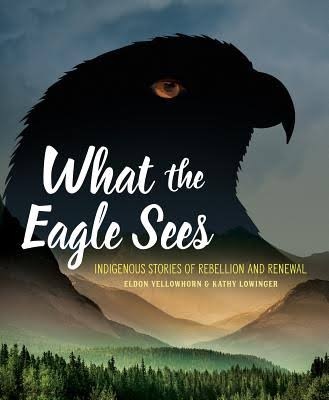 The authors of 2017's Turtle Island, an Indigenous history of North America, team up again to give young readers another enlightening and engrossing history: that of Indigenous rebellion and survival. Eldon Yellowhorn, professor of First Nations studies and citizen of the Piikani Nation, and Kathy Lowinger, longtime executive director of the Children's Books Centre, seamlessly mesh their writing talents in What the Eagle Sees: Indigenous Stories of Rebellion and Renewal.
The authors of 2017's Turtle Island, an Indigenous history of North America, team up again to give young readers another enlightening and engrossing history: that of Indigenous rebellion and survival. Eldon Yellowhorn, professor of First Nations studies and citizen of the Piikani Nation, and Kathy Lowinger, longtime executive director of the Children's Books Centre, seamlessly mesh their writing talents in What the Eagle Sees: Indigenous Stories of Rebellion and Renewal.